
Residents in Huaibei, Anhui, sign their names on a banner against domestic violence. (Photo by Wang Shanchao/For China Daily)
Common characteristics
According to Lyu, about 90 percent of domestic violence victims in China are women, and they tend to experience the more severe forms of violence due to a mismatch of financial and physical power compared with their partners.
Common characteristics among men responsible for domestic violence include narcissism, the belief that women are inferior to men, a lack of self-confidence, jealousy, and a lack of security, he said.
Domestic violence has nothing to do with love, and offenders usually only want to maintain a relationship based on power and control over the victims, Lyu added.
Some offenders are confrontational in and outside the family and might use violence to solve all kinds of conflict. Moreover, they tend to use violence on any family members who disobey them, including wives, children and even parents, he said.
In the case of Wang, the man from Xi'an, in which there have been reports that he is timid and obedient at work, he beat his wife as he was angry about other issues,
Lyu said, adding that this shows a lack of confidence.
Legislation launched
In recent years, China has stepped up efforts to protect women's rights in various ways, including through legislation and by issuing judicial guidelines.
In March 2016, the Anti-Domestic Violence Law took effect, providing a number of new requirements for government departments and institutions to help victims of domestic abuse and stop perpetrators.
For example, the law demands that governments at county and city level set up shelters or local relief stations to offer urgent help and services for victims of violence. It also stipulates that staff members at schools, kindergartens, medical care centers, community committees, social service institutions and welfare agencies should help victims reluctant to speak about domestic violence report such incidents if they suspect or find they have been physically harmed.
Liu Haixing, a senior legislator, said, "Some government agencies and related institutions were still performing poorly in combating domestic violence, which made us take stronger judicial action to solve the problem."
In December, a draft amendment to the Women's Rights Protection Law was submitted to the Standing Committee of the National People's Congress, the country's top legislative body, for first review.
The draft marked the first major revision to the law for the past three decades and also a new step in further safeguarding women's rights. It has received widespread attention since it was unveiled, attracting more than 423,000 public suggestions from Dec 24 to Jan 22.
Legislators heatedly discussed the issue of domestic violence in the draft.
Liu, a member of the NPC Standing Committee, suggested prosecutors initiate public-interest litigation against government agencies that perform poorly in dealing with domestic violence, adding that such lawsuits will serve as an alert for administrators and urge them to shoulder their responsibilities in preventing domestic abuse.
Li Yuefeng, another member of the committee, said domestic violence, which often triggers public outrage, should be resolved through stronger judicial supervision.
"Domestic abuse is not a family affair. Instead, it's a social problem and criminal action that requires various walks of life, including public authorities, to attach greater importance to and jointly combat promptly," he said.
Li also supports taking government agencies that perform poorly to court, and said such a move could be clarified in the next version of the draft.
Viewing litigation as "pressure" for government departments, Wang Yanmeng, from the NPC Standing Committee, said such action will help better implement laws involving women's rights, especially the Anti-Domestic Violence Law, and push authorities to take more effective measures to prevent women being harmed.
Courts' steps
Chinese courts have also strengthened protection for victims of domestic violence by issuing personal safety protection orders, similar to restraining orders in the West.
In September, the Supreme People's Court, China's top court, said 9,227 such protection orders had been granted nationwide.
Earlier, Liu Min, deputy chief judge of the top court's No 1 Civil Division, said that to reduce the possibility of further harm being caused to victims, several courts had streamlined the process for accepting applications for protection orders.
Even so, some victims still complained that it was too difficult to apply for the orders, as many courts have strict evidence reviews in cases of domestic violence.
Liu said: "We've realized the difficulty. Some courts are cautious in granting orders because they fear weak evidence might lead to perpetrators initiating lawsuits over damage to their reputation."
She called for all courts to lower the bar for the standard of evidence from victims if they find they are likely experiencing domestic abuse.
Liu also suggested that judges help victims collect evidence in line with the law to reduce their burden of proof.








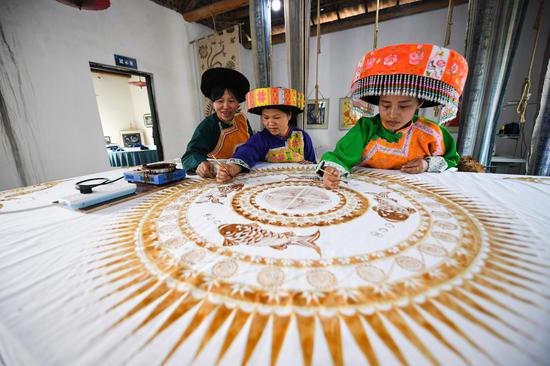



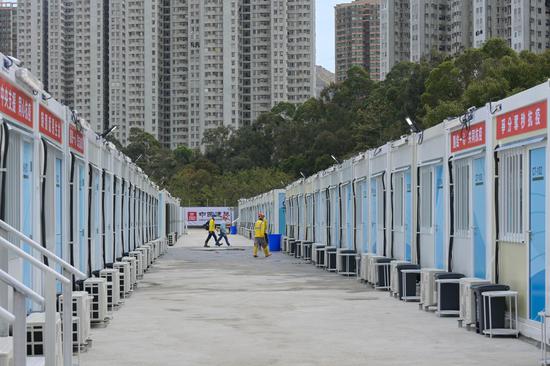











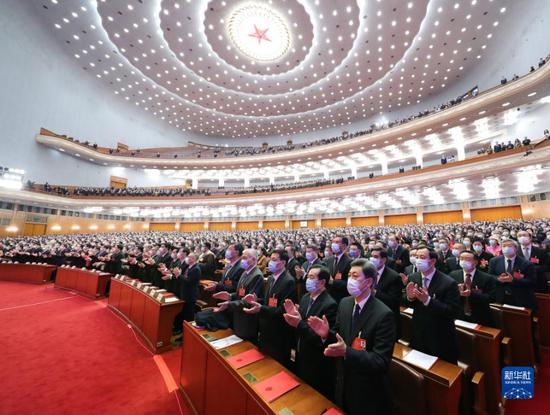

















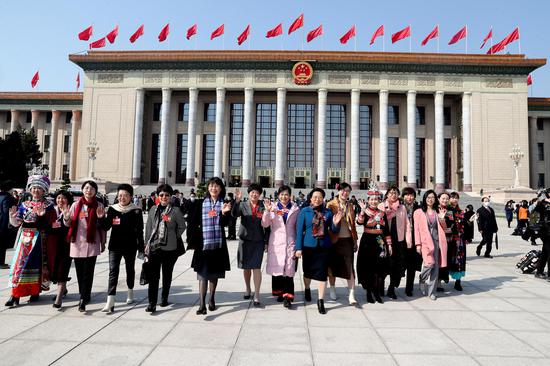
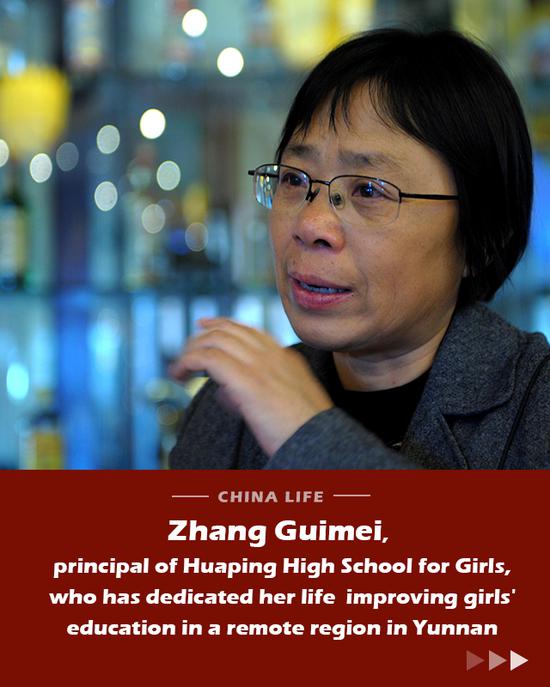
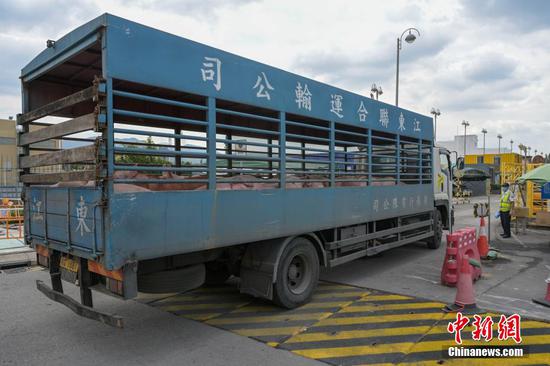





 京公网安备 11010202009201号
京公网安备 11010202009201号